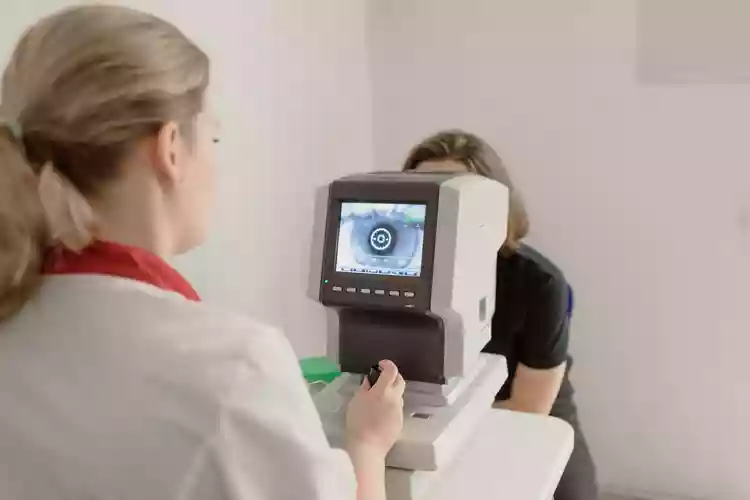As you get older, your vision changes, and you should be aware of the warning signs of age-related eye health concerns that could lead to vision loss. You can protect your vision by knowing what to expect and when to seek professional treatment. In addition, having dependable coverage can help to reduce or eliminate the expenses of these services.
Unfortunately, Medicare only covers a portion of vision care, and in some situations, none at all. Because of the lack of coverage, you may have to pay for numerous vision services out of pocket. Continue reading to learn what Medicare covers for vision treatment for seniors and what isn’t.
What Senior Vision Care Does Medicare Cover?
Original Medicare (Part A and Part B) will cover all or part of the cost of vision care for seniors in a few particular circumstances. But, first, let’s look at what each section entails.
Part A of Medicare
If eye services are required for inpatient hospitalization due to a severe injury or medical emergency, Medicare Part A (Hospital Insurance) will fund them.
Part B of Medicare
Certain vision care services are covered by Medicare Part B (Medical Insurance), including doctor visits, outpatient services, and medical supplies.
-
Retinal detachment
-
Cancer of the eye
-
Eye scratched
-
Prosthetics for the eyes
-
Annual glaucoma screening
-
Macular degeneration diagnosis and therapy
-
Artificial lens replacement and cataract surgery
While Medicare Part B will pay for treatment for many disorders, it’s worth noting that it won’t cover all of the expenditures. In most cases, Medicare will cover 80% of the treatment costs, leaving you to cover the remaining 20%, as well as the Part B deductible and premium.
What Senior Vision Care Does Medicare Exclude?
Medicare does not cover traditional vision care unless deemed medically necessary, as in the cases listed above. As a result, unless you have separate vision coverage, you will be responsible for the entire cost of any vision care service you receive. Medicare does not cover the following vision care services in general:
-
Contacts
-
LASIK surgery
-
Regular eye exams
-
Prescription eyeglasses or sunglasses
Vision Health Insurance Options
Individuals who require routine eye exams or wear prescription eyeglasses or contact lenses may find that vision healthcare coverage is incredibly vital. However, for retirees who no longer get vision coverage via their employer, the coverage gap might be surprising. Fortunately, you have a few alternatives for supplementing your vision coverage and our local medicare insurance agents can help you with that.
-
Stand-Alone Vision Insurance
Supplemental vision plans are also offered for senior vision care. Stand-alone vision coverage plans often have cheap monthly premiums but may have restricted coverage depending on the schedule. Because these stand-alone plans are only available through PPOs and HMOs, you are limited to their network of providers. However, many insurance policies can help cover the cost of eye tests and prescription glasses, and contact lenses.
-
Medicare Advantage
Commercial insurance companies that supply Medicare Advantage plans signed a contract with Medicare and sometimes include additional vision coverage not available via Original Medicare. For example, routine eye exams, eyeglass lenses, eyeglass frames, and contact lenses are all covered in full by some Medicare Advantage plans.
If you know you want an Advantaged plan but aren’t sure which one is right for you, we can help. We are servicing around the United States, from Alabama to Wyoming. Our local medicare insurance agents can assist you with your Medicare needs. Or, if you’ve settled on Medicare Supplement Plan G, C, or K but need assistance finding the best rate, we can still assist you. We are here if you just want to learn how Medicare works so you can make the best option for yourself. Contact us right away!


